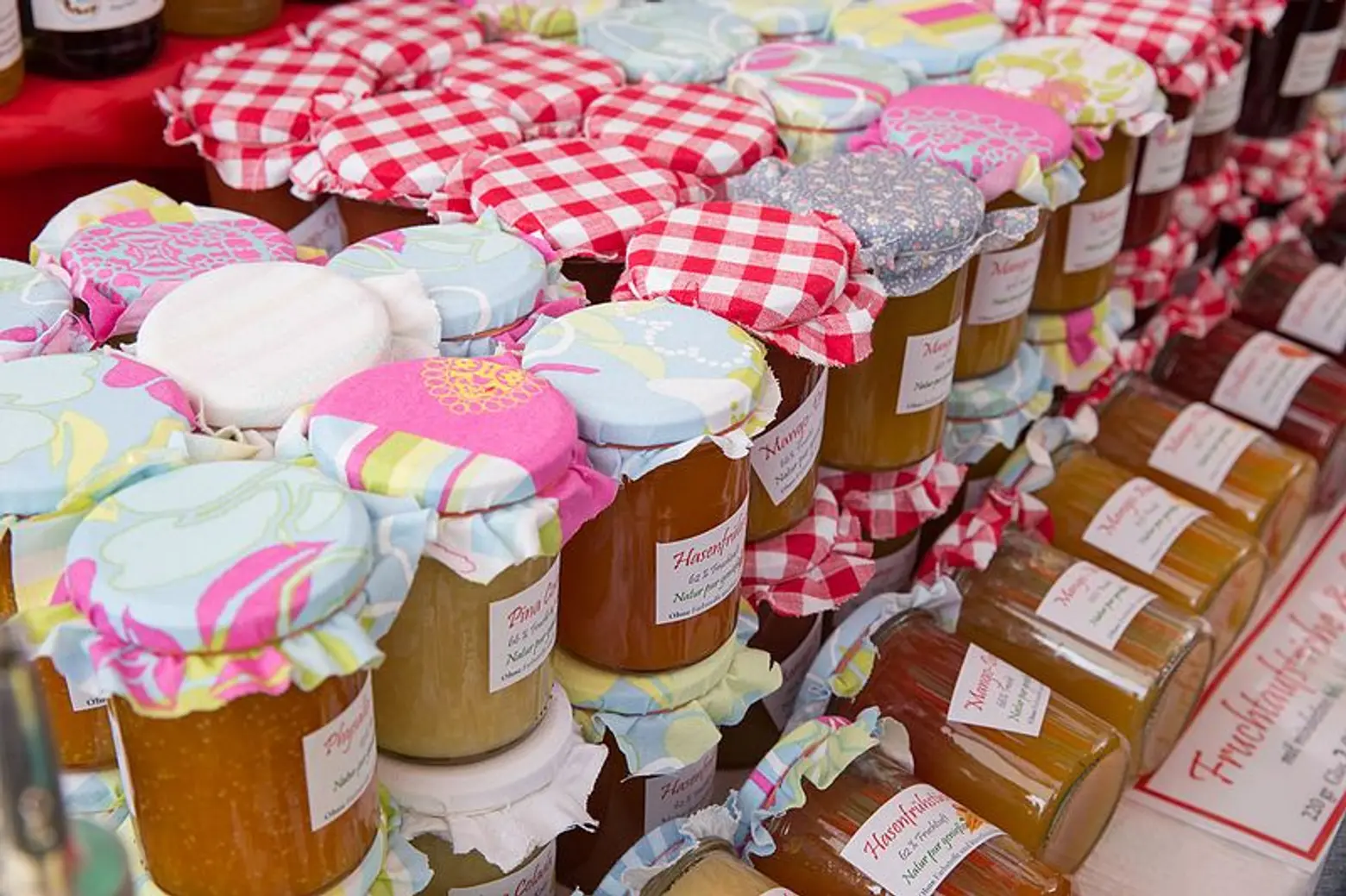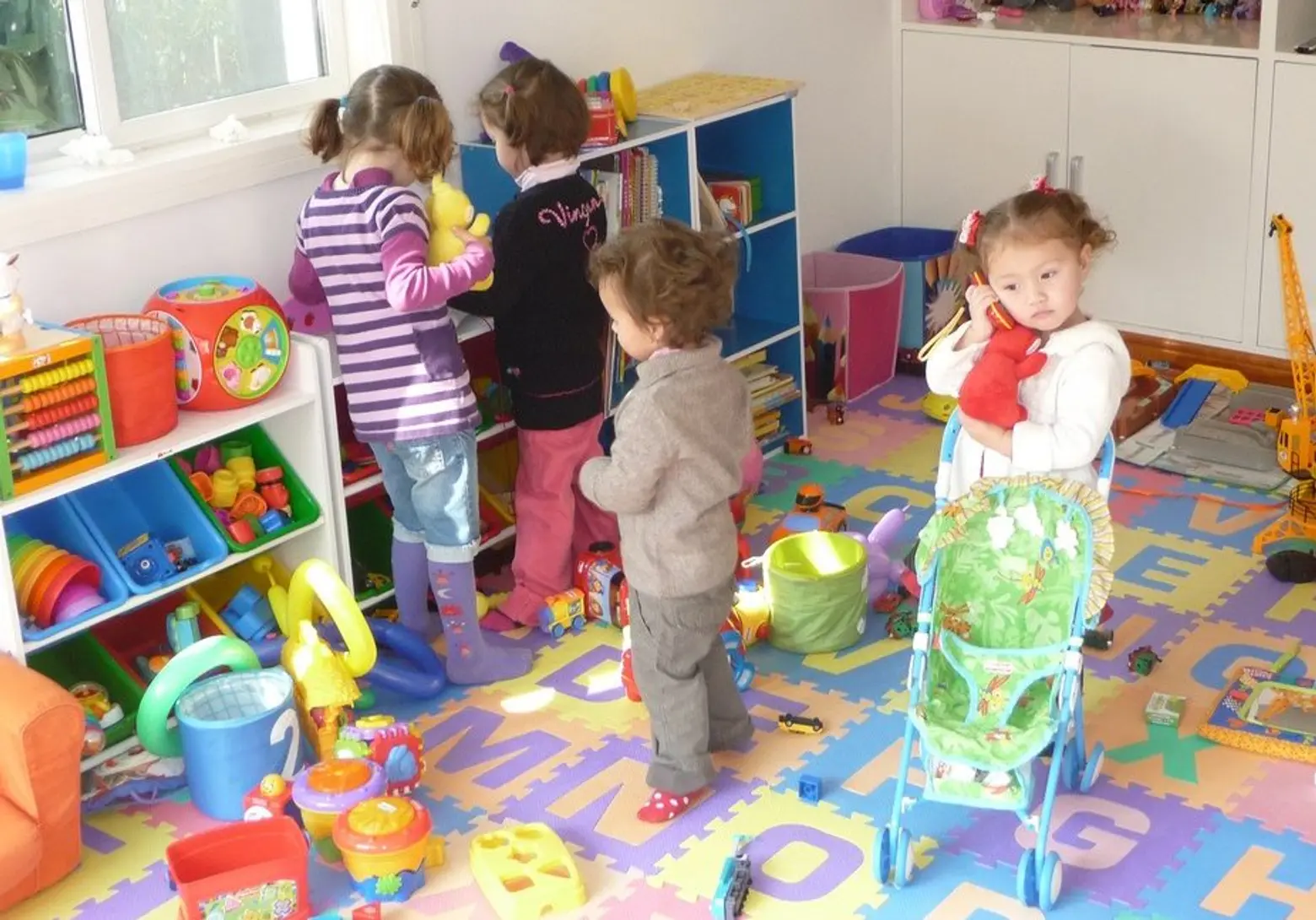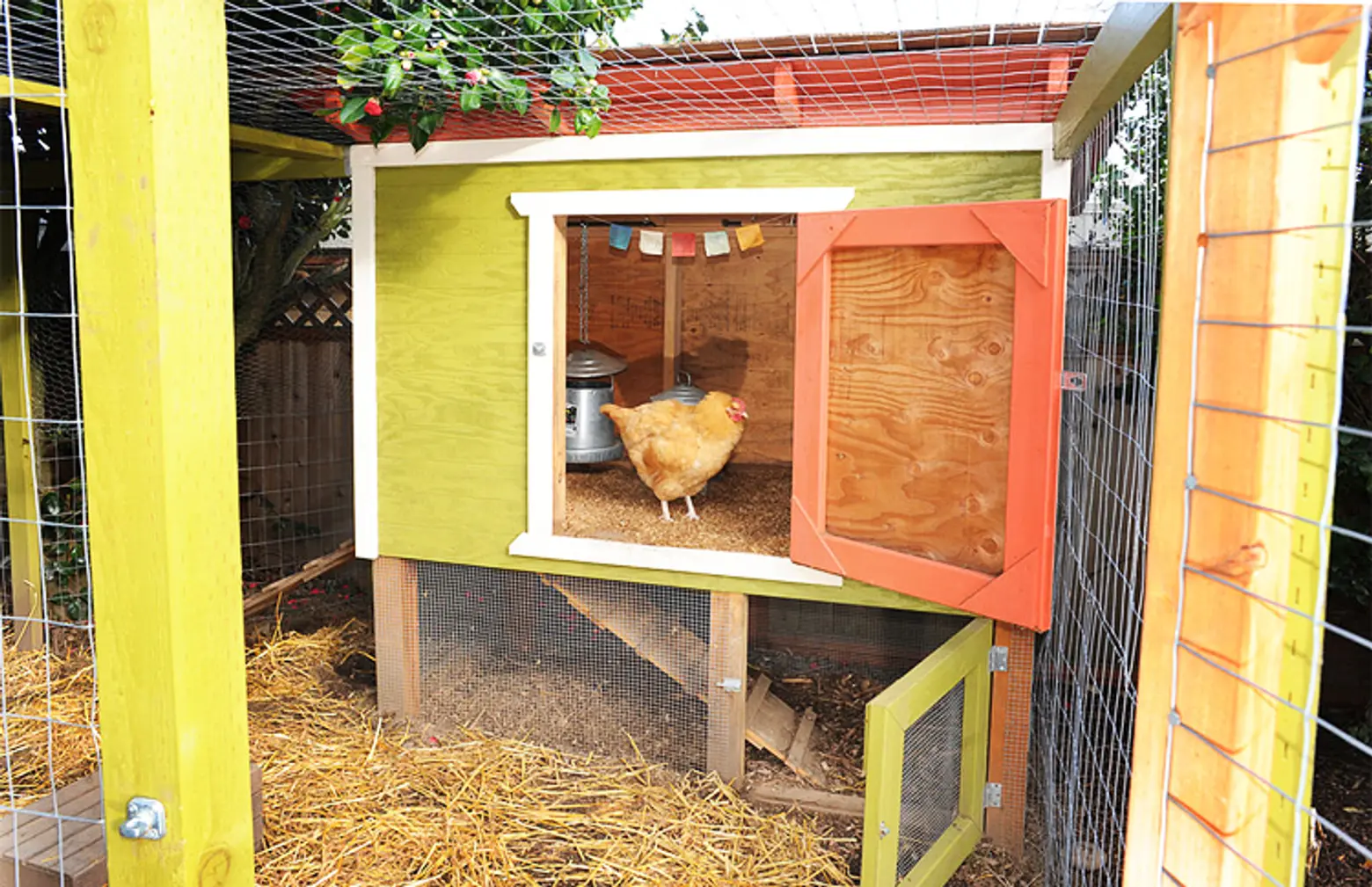A guide to operating a legal home business in New York City

Image via Pexels
Whether you’re baking pies for sale, taking care of children and pets, or setting up an apiary on the roof of your loft with hopes of selling your own honey at a local farmer’s market, running a home business in New York City is a complex affair. There are many circumstances under which home businesses are legal, but don’t take anything for granted. There are myriad city and state regulations to navigate. If you’re caught running an illegal home business or simply a business that is not fully in compliance, you may find yourself without a source of income, facing eviction, and owing high fines.
 Photo via Pexels
Photo via Pexels
Zoning Bylaws for Residential Businesses
The City of New York clearly states that “Operating a business from home may be legal,” but there are some caveats. As emphasized, “Generally, your home occupation (defined by Zoning Resolution §12-10) can’t occupy more than 25% of the residence—up to 500 square feet—and no employees may work on-site.” The one exception is anyone with a “live/work” unit, but such units are now far and few in between. Chances are that if you rent or own anywhere in the five boroughs, you’re in a residentially zoned building, and you’ll be subject to the 25% rule. To confirm, visit NYC Planning and type your current address into the search engine at the bottom of the page.
Ensuring Your Home Business Is in Compliance
Once you’ve confirmed whether you can use all or only up to 25% of your home for business purposes, you’ll need to confirm that your proposed business is in compliance, and this is where things get complicated. If you’re a freelance writer, editor, or web designer, you don’t need to worry. If you’re starting a bakery, daycare, dog boarding service, or chicken farm, you’ll need to do a bit more research. To demonstrate, consider just of few common home businesses scenarios.

Photo via Wiki Commons
Food Production Businesses—Cookies Comply, Cheesecake and Salsa Don’t
It is not unusual for New Yorkers to run businesses out of their home kitchens, but before you put on your chef’s hat, you’ll need to ensure that your at-home food preparation business meets local guidelines. If you are proposing to bake cookies, bread, double-crust fruit pies, or cakes, you’re in business. If you want to turn out cheesecakes, you’re out of luck (cheesecakes don’t comply). Likewise, candy is generally fine but not chocolate candy. Similarly, while strawberry jam does comply with local standards, pickles and salsa do not. In fact, if your dream business involves anything that requires refrigeration, including cheese, yogurt, dairy products, meat, poultry, fish, and even cooked or canned veggies, you’ll need to rethink your business plan.
Even if the type of food you hope to produce is on the approved list, however, you’ll need to apply for a “Home Processor” license with the New York State Department of Agriculture and Markets, and that’s just the beginning. If you plan to wholesale your products, you’ll also need to complete the Wholesale Business Registration and obtain a Food Protection Certificate and Sales Tax Vendor Registration (Certificate of Authority). If you’re preparing food at home, you’ll also need to ensure that all your equipment, storage and waste removal facilities are in tip-top shape, since home food preparation businesses are subject to regular inspections. Finally, bear in mind that if you’re operating a home food-preparation business, you’ll want to purchase additional insurance since your home insurance may not apply.
 Via Scott & Elaine van der Chijs/Flickr
Via Scott & Elaine van der Chijs/Flickr
Home Child Care—Get Fingerprinted Before You Crank Up the Lullabies
A lot of child sitters simply go rogue, but if you’re operating a home child care business out of your apartment, this is not recommended. As stated on New York State’s Office of Children and Family Services website, “Any day care program planning to serve three or more children for more than three hours a day on a regular basis must obtain a license or registration certificate. To obtain this certificate, the applicant must show that the day care program meets requirements that the state has established to help ensure the health and safety of children in care.” Bear in mind that to qualify, you’ll need to provide evidence that both you and your home are fit to host children on a daily basis. Among the many requirements, this means getting fingerprinted (for details visit the Division of Child Care Services website). While the process may sound daunting, New York State offers services in English and Spanish to help child care providers navigate the registration process, a free online orientation course, and in some cases, financial incentives.

Via Wiki Commons
City Farming—Bees and Microgreens versus Pigs and Goats
Two hundred years ago, farming was common, even in Manhattan. Today, if you want to engage in any type of agricultural activity, you are better off moving upstate, but there are a few micro-agricultural businesses that one can operate legally within the five boroughs. Under most circumstances, growing microgreens on your rooftop and selling them at a local farmer’s market is legal, so long as you have ensured that your roof top garden complies with local building code regulations. While once illegal, home apiaries got the green light back in 2010 and are now flourishing city wide, but don’t forget to register your beehive. Unregistered hives are subject to steep fines (for more about urban beekeeping, read 6sqft’s earlier post).
While microgreens and bees are generally legal, if you want to raise living creatures larger than bees, you may find yourself with few options. You can raise hens on your roof or in your backyard but roosters and other fowl from geese to turkeys are not permitted. So, if you hope to get into the poultry business, you’ll be limited to hens, but don’t assume you can sell their eggs. Technically, you can keep chickens in New York City but only as pets. Since raising chickens for slaughter or with the intent to profit from their eggs is not necessarily pet-friendly behavior, chicken-related agribusinesses do not comply. Other farm animals, including sheep, goats, and pigs, are neither permitted as pets nor livestock. So, what is an urban farmer to do? To begin, contact the experts at Brooklyn Grange who continue to demonstrate that one can legally run an agribusiness in New York City.
Remember Your Neighbors
The surest way to kill any home business is to irritate your neighbors. If you’re cooking up a storm at 3am or have a constant stream of visitors coming in and out of your apartment at all hours of the day, expect your neighbors to complain. A horde of toddlers or out-of-shape adult fitness clients stomping on the floor is also unlikely to endear you and your business to the neighbors. As a rule, be cautious. If you know your neighbors, share your business plans before customers start showing up at the door. Gaining permission from your owner or management company is also highly recommended. Finally, if you live in a co-op, expect further obstacles. You may obtain a license to run a home daycare business, but if you live in a co-op, it is ultimately up to your co-op board rather than city or state authorities to determine whether you can operate the business out of your unit.
Still Have Questions?
Since every home business is unique and the number of regulations impacting home businesses can be daunting, before you start developing a business plan, complete New York City’s Business Wizard. This step-by-step tool will ask you basic questions about your proposed home business and provide links describing the various steps and registration processes you’ll need to complete prior to opening your business. The site also offers additional information, including helpful tips about citywide programs designed to support home business owners.





























